The world of proprietary (“prop”) trading is competitive, promising, but often expensive and risky. That’s why free trial prop firms are becoming more popular — they let aspiring traders experience prop firm challenges (or demo versions) without risking capital up front. In this article, we’ll explain exactly what free trial prop firms are, how they work in 2025, the pros and caveats, and how you can even combine this with PickMyTrade automation for a sharper edge.
What Are Free Trial Prop Firms?
A free trial prop firm is a prop trading firm (or program) that allows you to use a simulated / demo account under conditions closely mirroring a real evaluation — without an upfront fee or capital risk. You trade with virtual funds, under real-time market data, adhering to profit targets, drawdown limits, and other rules. If you perform well, you may win a discount, better access, or simply get quality experience.
These trials are not usually direct funded accounts. Passing the free trial doesn’t always guarantee you a live funded account — often, it’s a “proof of concept” or marketing tool to attract serious traders.
Why Prop Firms Offer Free Trials
- Lower the barrier to entry: Attract more traders who are hesitant to pay evaluation fees immediately.
- Let you vet the firm’s conditions and platform: You can see if spreads, execution, rules, support, and UI suit your style.
- Marketing & funneling: Traders who like the free trial may convert into paid challengers or funded accounts.
- Skill screening: The firm can observe how you trade under firm-rule constraints before committing capital.
How Free Trial Prop Firms Work (2025 Update)
Structure & Rules
Free trials are structured to mirror real evaluation accounts:
- Profit target: You need to reach a certain % gain (e.g. 5%, 10%) within the trial period.
- Drawdown limits: Maximum daily drawdown or total drawdown rules still apply.
- Time window: The trial lasts a set duration (e.g. 7 days, 14 days) or ends when time runs out.
- Simulated money: All trades are with virtual capital. No real profits or losses affect your bank.
- Same tools & access: You often get the same charting tools, dashboards, support access, trading instruments as paying challengers.
- No payout guaranteed: Even if you “pass” the trial, you usually need to enter the paid challenge or meet further requirements to get a funded account.
Examples & Firms Offering Free Trials
- ThinkCapital provides a 14-day free trial that closely mirrors their challenge rules — no credit card required.
- FundedNext offers free trial accounts with real-time demo capital and no upfront payment.
- Some prop firms and blogs list multiple firms that occasionally run free trial challenges or promotional trials.
- Note: many “free trials” are limited to select times or part of promos; they’re not always permanently on offer.
Benefits & Risks of Using Free Trial Prop Firms
Benefits
- Zero financial risk: Because you trade with demo capital, your own money isn’t at stake.
- Understand firm’s trading conditions: You can test spreads, latency, execution, allowed assets, etc.
- Practice under rules: You get to experience real challenge rules (drawdowns, minimum days, etc.).
- Test strategies: Try multiple strategies, timeframes, or automated systems before committing capital.
- Internal benchmarking: You see early whether you’re likely to pass a real challenge with that firm.
Risks / Caveats
- Not live funding: You won’t get actual payouts from trials; passing doesn’t guarantee a funded account.
- Demo vs live differences: Execution, slippage, liquidity in demo environments may differ from real accounts.
- Psychological gap: Trading virtual money often lacks the emotional pressure of risking real capital.
- Limited duration: The time window can pressure you to overtrade or deviate from strong setups.
- Marketing gimmicks / hidden rules: Firms may use trials to upsell, or hide fine print (e.g. trial only on certain instruments).
- Restrictions on automation: Some firms may not allow algorithmic or bot trading during trials, or may restrict strategies.
Click Here To Start Futures Trading Automation For Free
How to Make the Most of Free Trial Prop Firms
- Treat it like a real challenge
Use discipline, follow the rules (drawdowns, holding times). Simulate how you’d act if money were real. - Define goals
Whether it’s risk management, strategy testing, understanding platform quirks — know what you aim to gain. - Test multiple strategies
Try day trading, swing, or automated styles (if allowed). See which fits under the trial constraints. - Log & review trades
Track your trades, analyze mistakes, and observe pattern strengths/weaknesses. - Don’t overtrade just to hit targets
Be cautious — pushing too hard to reach the profit goal can violate drawdown rules or lead to bad setups. - Simulate scaling or real conditions
Assume realistic sizing, slippage, commissions, and try to match what you’d use in a real funded challenge. - If automation is allowed, test bots cautiously
If trial rules permit, test algorithmic strategies conservatively. But ensure they obey all risk constraints.
How PickMyTrade Automation Fits with Prop Firms
PickMyTrade is a tool that automates execution of trading strategies (especially those signaled from TradingView) on brokers like Tradovate, ProjectX, etc.
Here’s how you can integrate PickMyTrade with prop firms:
- Signal execution on demo accounts
If a prop firm’s trial supports permitted automation or external execution, you can use PickMyTrade to receive alerts and place trades automatically — as long as the trial environment accepts such connectivity. - Multi-account management
PickMyTrade’s account management features let you manage multiple accounts (even across prop firms) and switch/control them from one dashboard. - Stress-test bots/rules
Running your algorithmic logic during a trial is a low-risk way to see if the automation abides by drawdown, target, time, or trade-frequency rules of the prop firm. - Bridge trials to live challenges
After success in the trial, you may port over strategy logic (same signals, risk modules) when doing the live evaluation. - Ensure compliance with rules
Many prop firms disallow certain strategies or automation during the evaluation. Always check if the trial or future challenge rules permit bots, EAs, or algorithmic trading.
In short: demo prop firms + PickMyTrade = a strong combination for traders wanting to validate their automated setups before risking real accounts.
Best Practices & Checklist
| Task | Why It Matters |
|---|---|
| Read and understand trial rules and firm policy | Many fail because they unknowingly violate rules |
| Start small with position sizes | Avoid large drawdowns, even on demo |
| Use proper risk management | Even in demo, simulate real trading discipline |
| Simulate commissions & slippage | Helps prevent unrealistic backtests |
| Respect time frames | Don’t try overnight trades if prohibited |
| Monitor latency & execution | Differences in demo vs live may show issues |
| Transition gradually to paid challenge | Once trial is clear, move to live or evaluation |
FAQs: Free Trial Prop Firms
Q1: What exactly are free trial prop firms?
Free trial prop firms let you trade with simulated capital under real challenge rules — profit targets, drawdown rules — without paying upfront or risking your own money.
Q2: Do any trials convert to real funded accounts?
Sometimes. But often, the trial is for practice and onboarding. To get funded, you usually must pass a paid evaluation or meet additional criteria.
Q3: How long do free trials last?
It varies — common durations are 7 days, 14 days, or sometimes promotional periods. For example, ThinkCapital offers 14 days.
Q4: What rules are enforced in free trials?
You’ll typically face profit targets, daily and total drawdowns, minimum trading days, and use of prescribed instruments.
Q5: Can I use automation or bots in trial accounts?
It depends. Some trials allow algorithmic execution; others do not. Always check the firm’s policy. Prop firms sometimes restrict bots to prevent misuse.
Q6: Are demo conditions same as live funded accounts?
Not always. Execution, slippage, latency, liquidity, and order fills can differ. Use the trial more as a training ground than a guarantee of performance.
Q7: How many times can I take free trials?
Some firms limit each user to one trial per account or identity. Others permit retakes, but check the firm’s policy.
Q8: Is a free trial worth it?
Yes — especially for new traders to test strategies, understand firm rules, and reduce risk when transitioning to paid challenges.
Also Checkout: Automate TradingView Indicators with Tradovate Using PickMyTrade
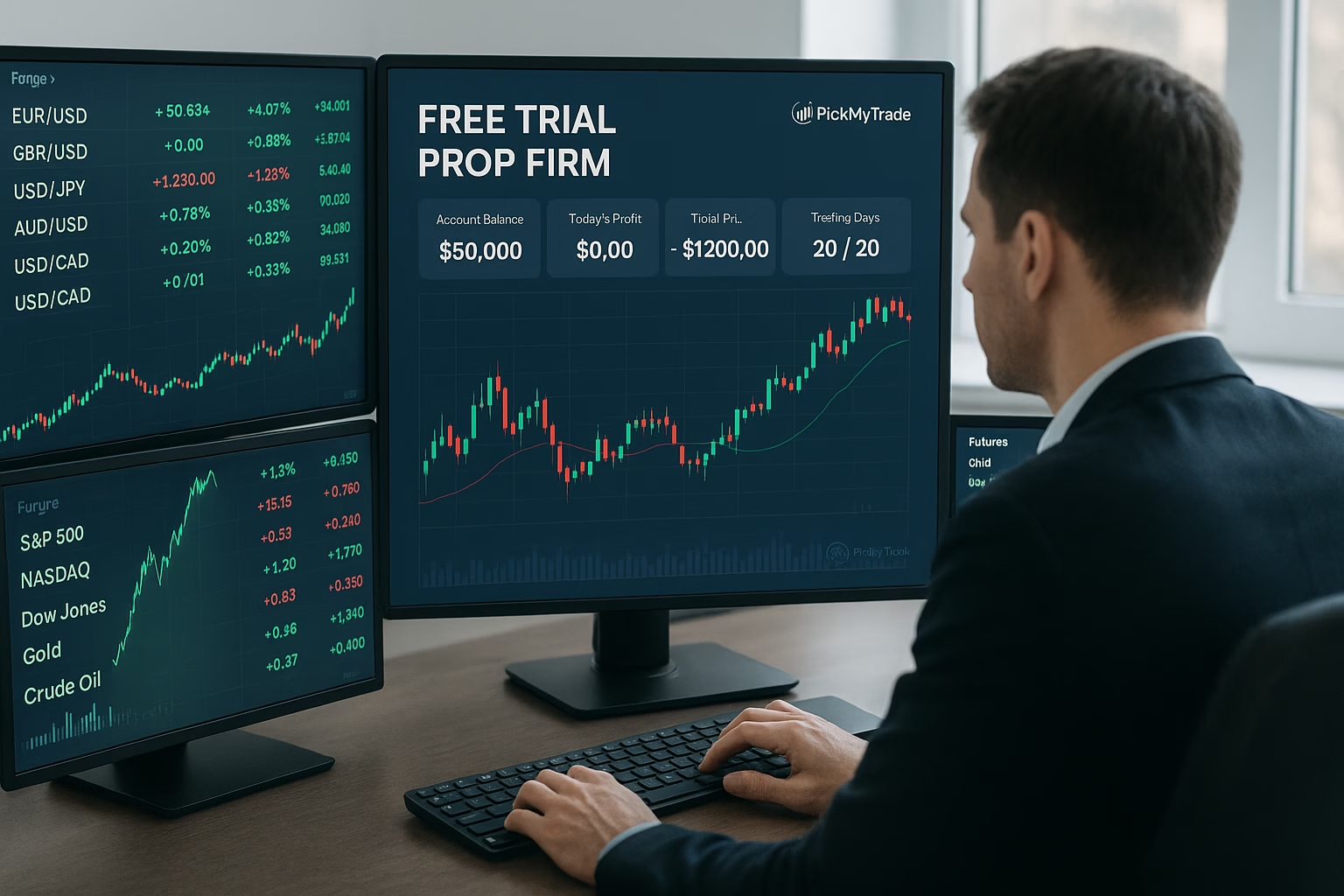
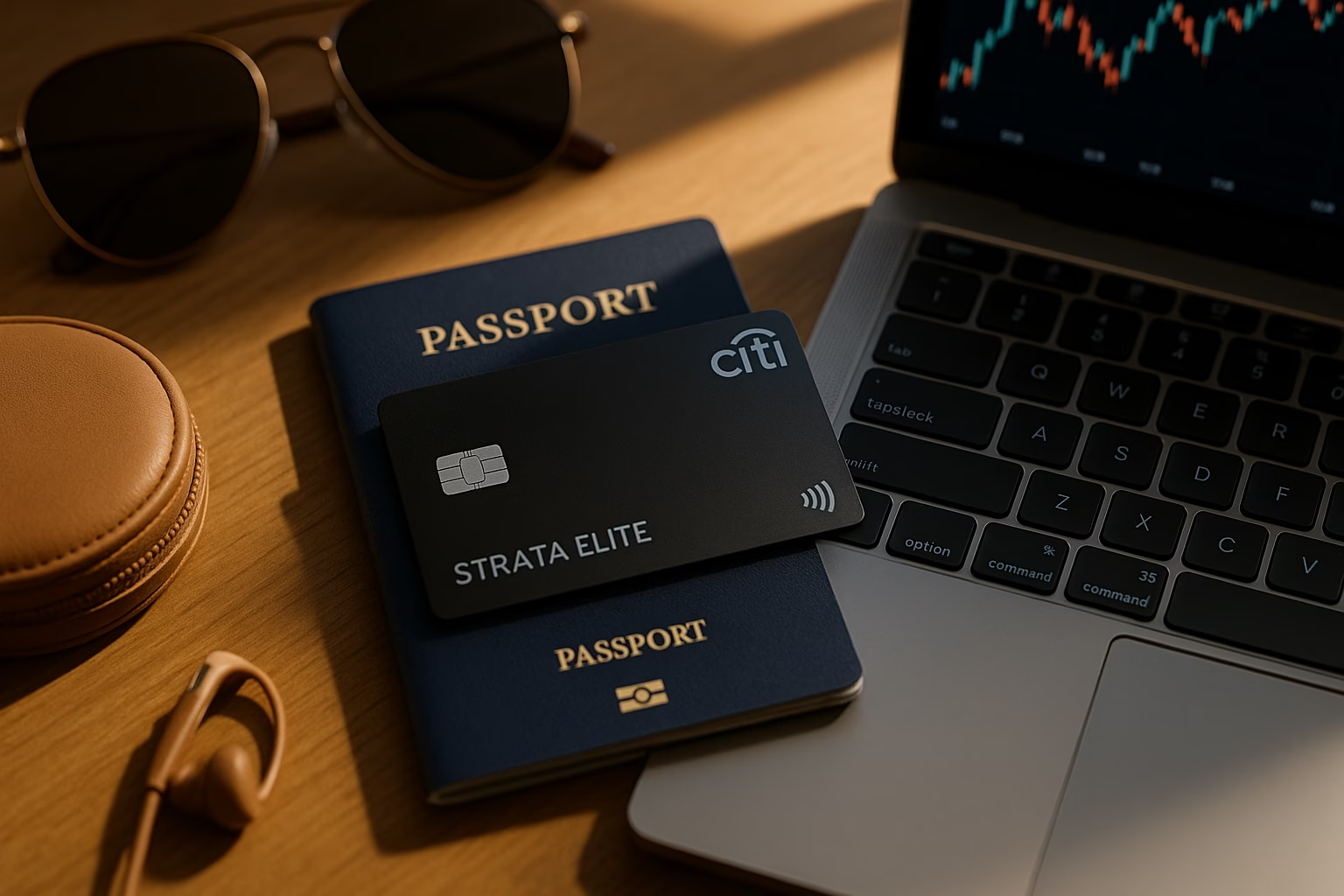
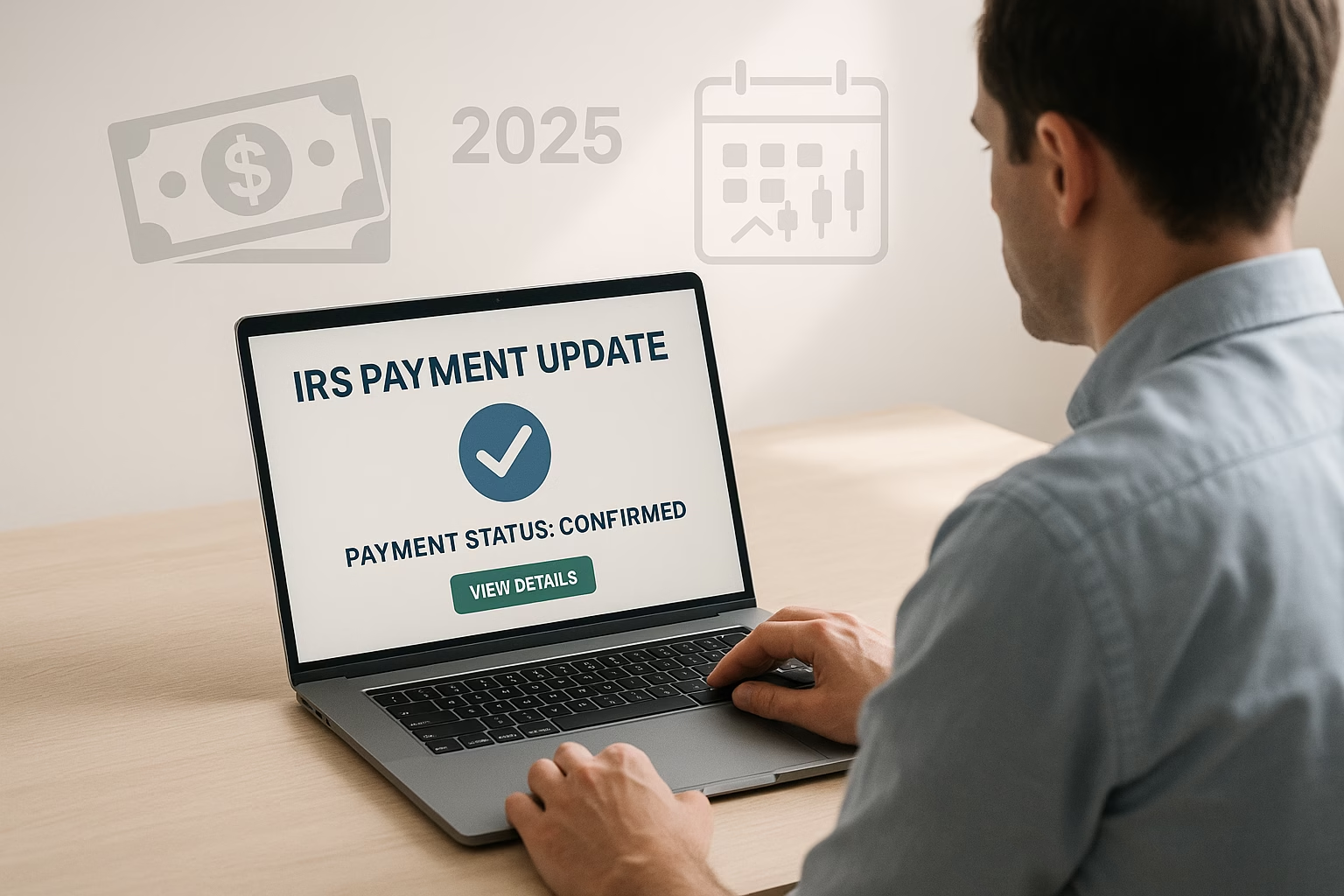
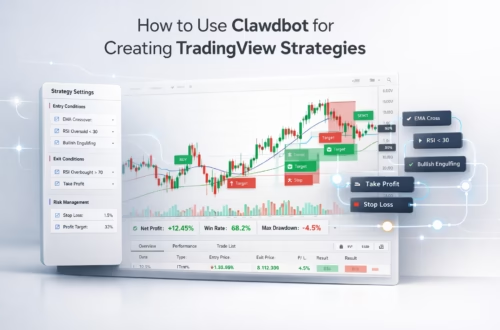

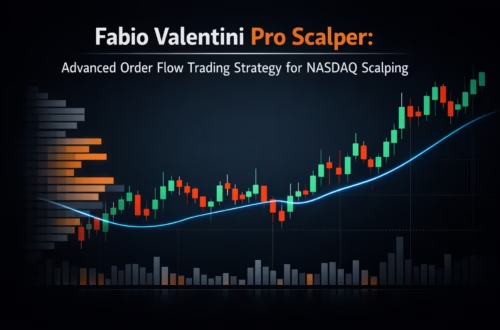
It’s great that free trials allow traders to test out prop firms without the risk. It’s a low-pressure way to see if the platform and rules align with your trading style, which is so important when choosing a firm.
It’s interesting how these trials allow you to test out the platform and its conditions without a fee. I think it’s an important first step for anyone serious about trading with prop firms, though understanding the fine print is key.
The idea of using free trials to lower entry barriers is smart. It lets traders test out firms’ platforms and trading conditions before committing financially. I think the biggest challenge, though, is that some may not fully understand that passing the trial doesn’t always lead to a funded account.
I think a lot of traders might miss the point of free trials. It’s not just about passing the evaluation but also testing the firm’s platform and rules. Great point in the article about how these trials are a way for firms to filter serious traders.